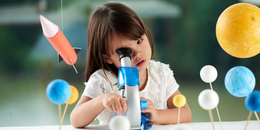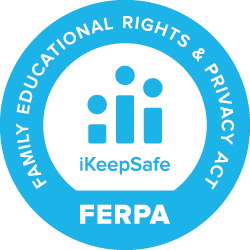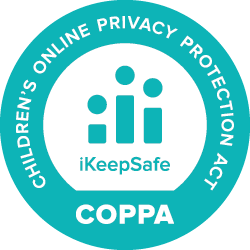Engage Young Learners in STEM Experiences with JASON Early Childhood
Preparing Students with Lifetime Skills and Mindsets for Successful Learning
STEM is a way of experiencing the world that is creative, inquisitive, and persistent.
JASON Learning’s Early Childhood STEM program focuses on the characteristics of STEM learning, as well as the social-emotional, cognitive, and language and literacy development of early learners. This program was developed in partnership with Dr. Juliana Texley, Past President of the National Science Teaching Association.
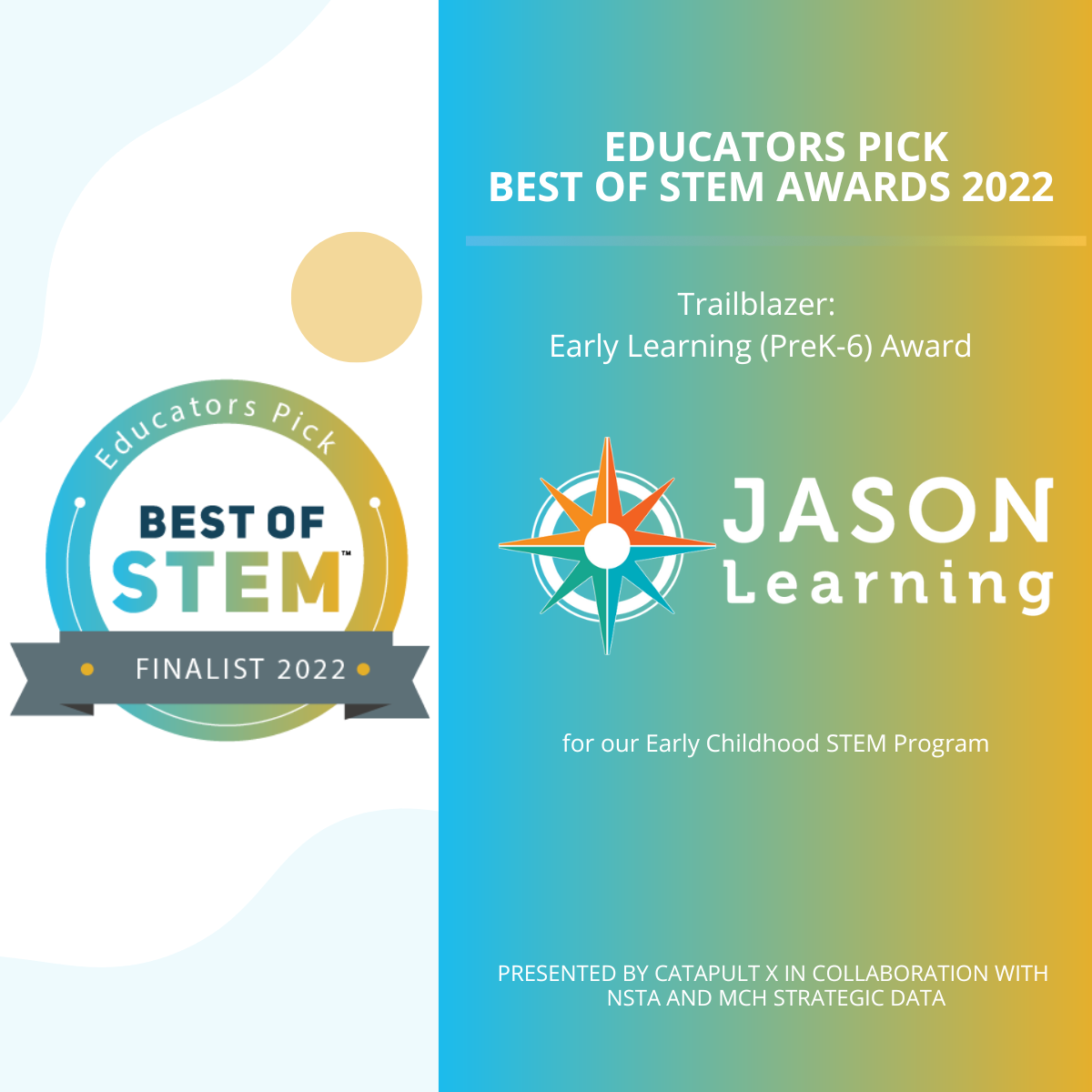
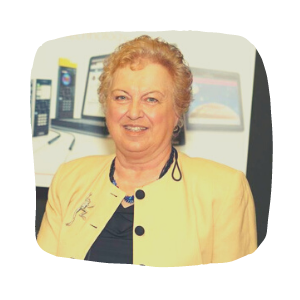
Meet Dr. Juliana Texley
Early Childhood STEM
Missions
The four missions in JASON Early Childhood STEM are unique in several ways:
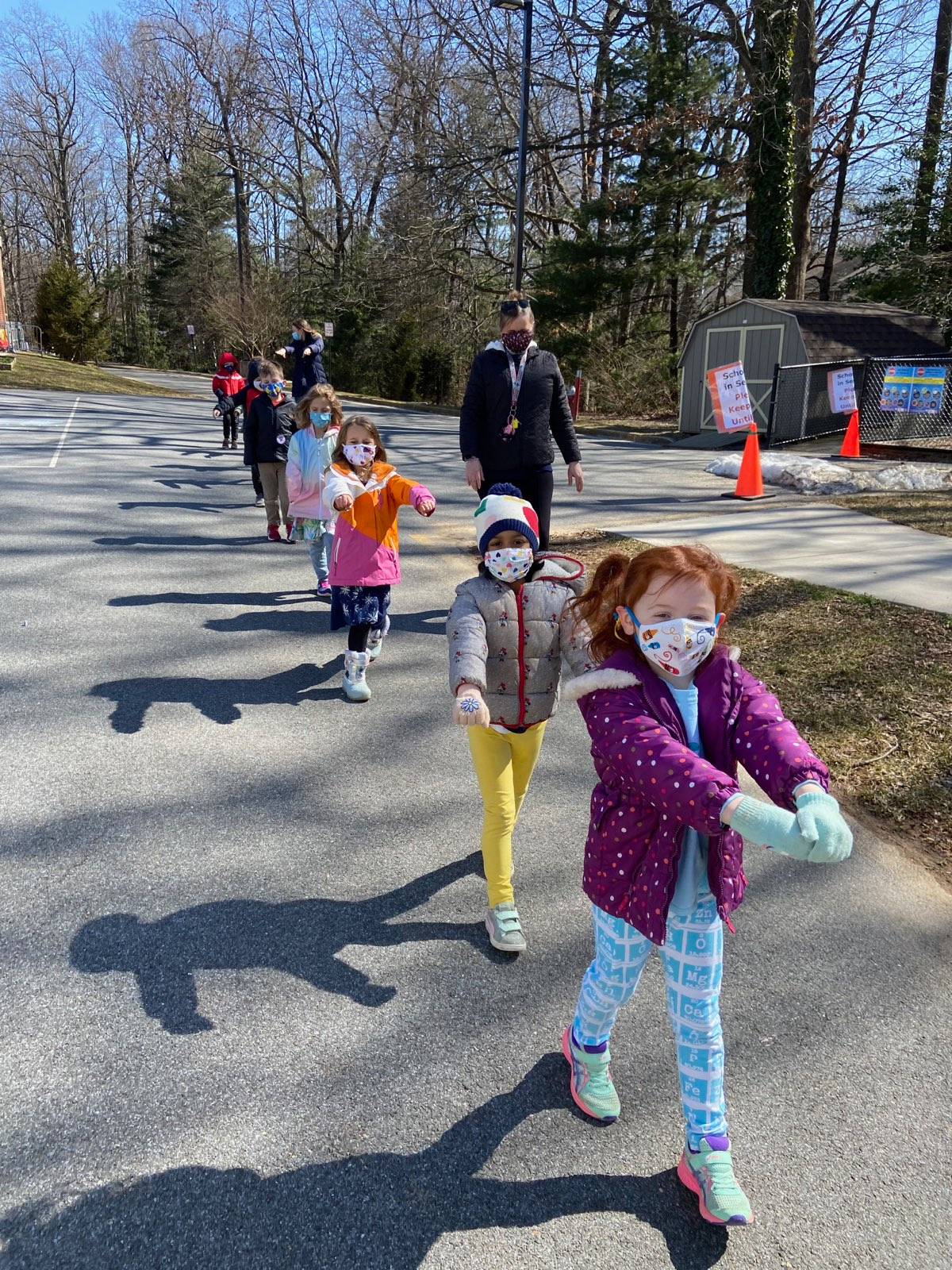
- Each mission includes several hands-on activities with opportunities for exploration and play, connections to math, music and art, and teacher resources with a rich library of early childhood literature integrated throughout.
- The missions are continuous and progressive; not just a collection of independent activities.
- The progressions focus on habits of mind, with support for assessment of these goals consistent throughout.
- The activities are specifically structured for guides in any environment (K-12, Head Start, After School and Informal.)
- Professional development supports communication among guides in all settings.
- Nationally award-winning children’s literature is integrated through all lessons. Best practice dialogue supports the readings with skill-building.
- Mathematics and technology support the collection of data. Students argue from that evidence and use it to support their involvement in summative projects.
Photo courtesy of Fairfax County Public Schools, VA
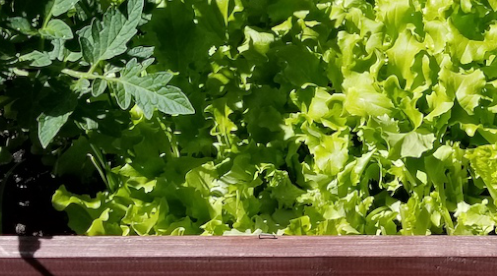
Mission 1: Ecology: STEM & Bloom
The magic of change is always present in children’s lives. There is no STEM topic that could be more fascinating than the growth of living things around them. Gardening is the ultimate interdisciplinary experience, bringing together art and science, math and literature, bounty and beauty. In STEM & Bloom, young learners explore what plants need for survival – sun, water, soil, color, and engineer a themed garden.
Target Audience:
Grades PK-2
Examples of Key Vocabulary/Concepts:
Dirt, flower, fruit, vegetable, fungus, garden heat, leaf, root, light, pollen, rainbow, shadow, thermometer

Mission 2: Physical Science: The Physics Fair
Many people perceive physics as difficult. Yet, it is the most basic and natural of the sciences. The Physics Fair takes young explorers on an adventure to observe and test their environment with Isaac Newton “at their side.” Young learners explore light and forces and interactions through the lens of theme parks and playgrounds!
Target Audience:
Grades PK-2
Examples of Key Vocabulary/Concepts:
Balance, Braille, clues, data, energy, engineer, force, gravity, heavy, light, music, physics, sound, weight
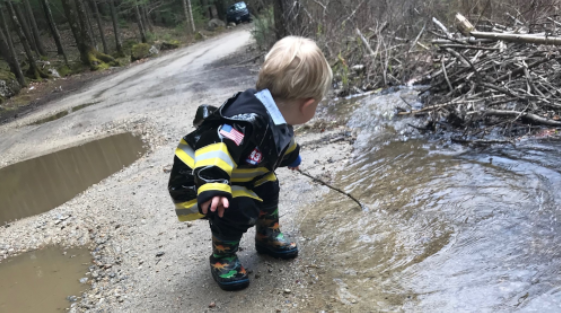
Mission 3: Earth Science: Water, Wind, and Weather
The science of our Earth combines the physics, chemistry, and biology of the planet to describe our earth system. It also awakens a child’s senses: rain on a face, the ooze of mud, the ups and downs of the path to school, are all Earth science concepts. Water, Wind and Weather invites the youngest of learners to explore their world through the lens of storm preparedness.
Target Audience:
Grades PK-2
Examples of Key Vocabulary/Concepts:
Weather, living, measure, map, soil, erosion, thermometer, heat, wind, water
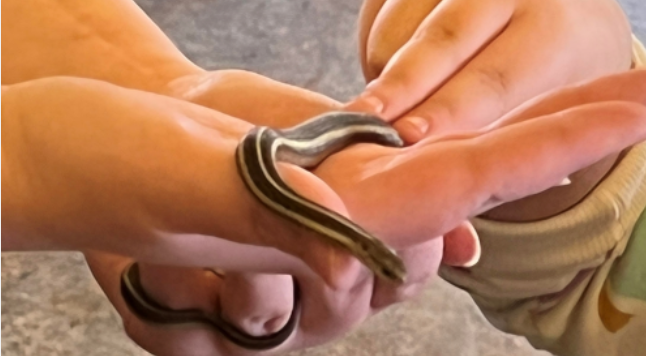
Mission 4: Sense-Sational STEM
Each person is unique. Your body’s senses are different from those of others. Students can explore their senses and learn how they can help them do fun and important things, and stay safe.
Target Audience:
Grades PK-2
Examples of Key Vocabulary/Concepts:
Touch, sight, color, Braille
Students immersed in JASON’s STEM & Bloom build a sundial clock!
Video Courtesy of Newport News Public Schools, VA
JASON Learning and Playwatch Kids have formed a transformative partnership to enhance early childhood education through diverse and inclusive content. Playwatch Kids is dedicated to creating educational content that reflects the diversity of the world we live in, ensuring that children of all backgrounds can see themselves in the stories they watch. JASON Learning is a nonprofit organization committed to inspiring and educating students through engaging STEM experiences. By partnering together, they bring high-quality, inclusive educational resources to classrooms nationwide.
This collaboration merges JASON Learning’s 35-year expertise in high-quality STEM education with Playwatch Kids’ innovative approach to edutainment, creating a powerful synergy that will inspire and empower young learners.
All Playwatch Kids content is readily accessible through the JASON Digital Platform, and JASON Learning supports the videos with a suite of fun and educational activities that can be used before, during, or after engaging with the videos. The partnership seeks to foster a learning environment where every child sees themselves represented, is prepared for academic success, and feels motivated to explore their potential.
Bridges between home, school, and informal settings are vital.
The Impact of JASON’s Early Childhood STEM Program
Through a collaboration with United Way in 2021, 74 unique formal and informal educators in Massachusetts were trained in JASON’s “STEM and Bloom” Early Childhood module. Learn more about what they had to say about our Early Childhood STEM Training below!
From navigating the JASON Platform with ease to incorporating language arts through suggested book tie-ins, these insights provide a first-hand account of the program and training’s practicality and value. Educators also shared their thoughts on various aspects that they found particularly useful.
Early Childhood Educator Training
STEM is more than understanding subjects. It includes habits of mind that are especially vital in the early childhood year-creativity, observation, communication and persistence. Learning to be a great STEM mentor or guide involves discovery and investigation and is best supported by a network of peers.
JASON offers a variety of training options – both in-person and virtual. The JASON Early Childhood training is designed to provide coordinated professional development to formal and informal educators in STEM. JASON fully integrates content with literacy, the arts, and STEM habits of mind and is designed to help formal and informal educators work together.
Training programs are for any early childhood practitioner or caregiver and parents and others in the child’s learning world are able to also participate. Training sessions also model and demonstrate developmentally-appropriate strategies and solutions to meeting the challenges of remote and blended environments – with activities designed to flex as conditions change.
Visit our Professional Development page to learn more about our ongoing Early Childhood PD:
- Virtual and In-person training options
- Opportunities to earn a JASON Early Childhood Advanced Certification
- Option to earn College Credit through Lesley College
Contact pd@jason.org to learn more.


